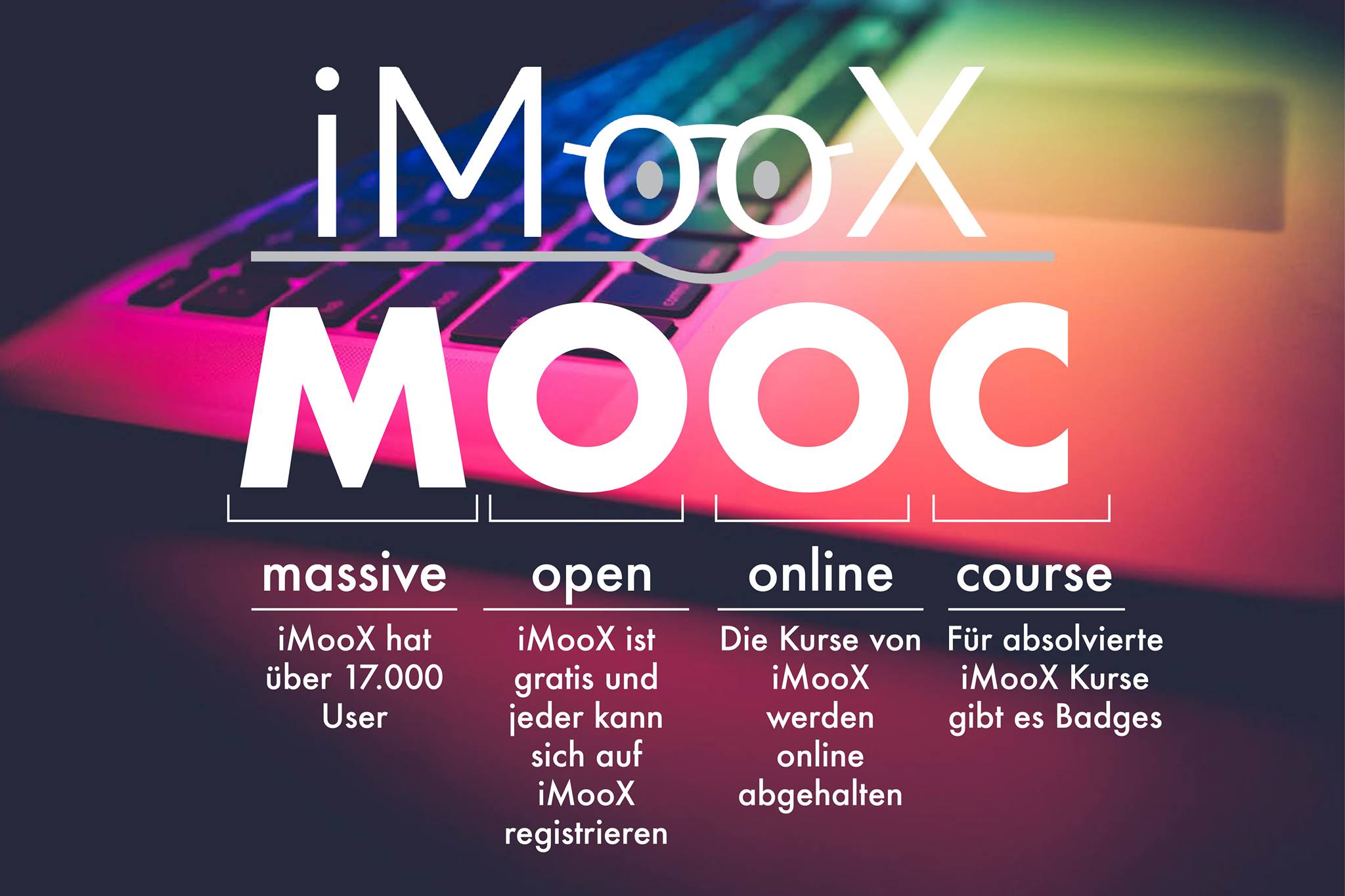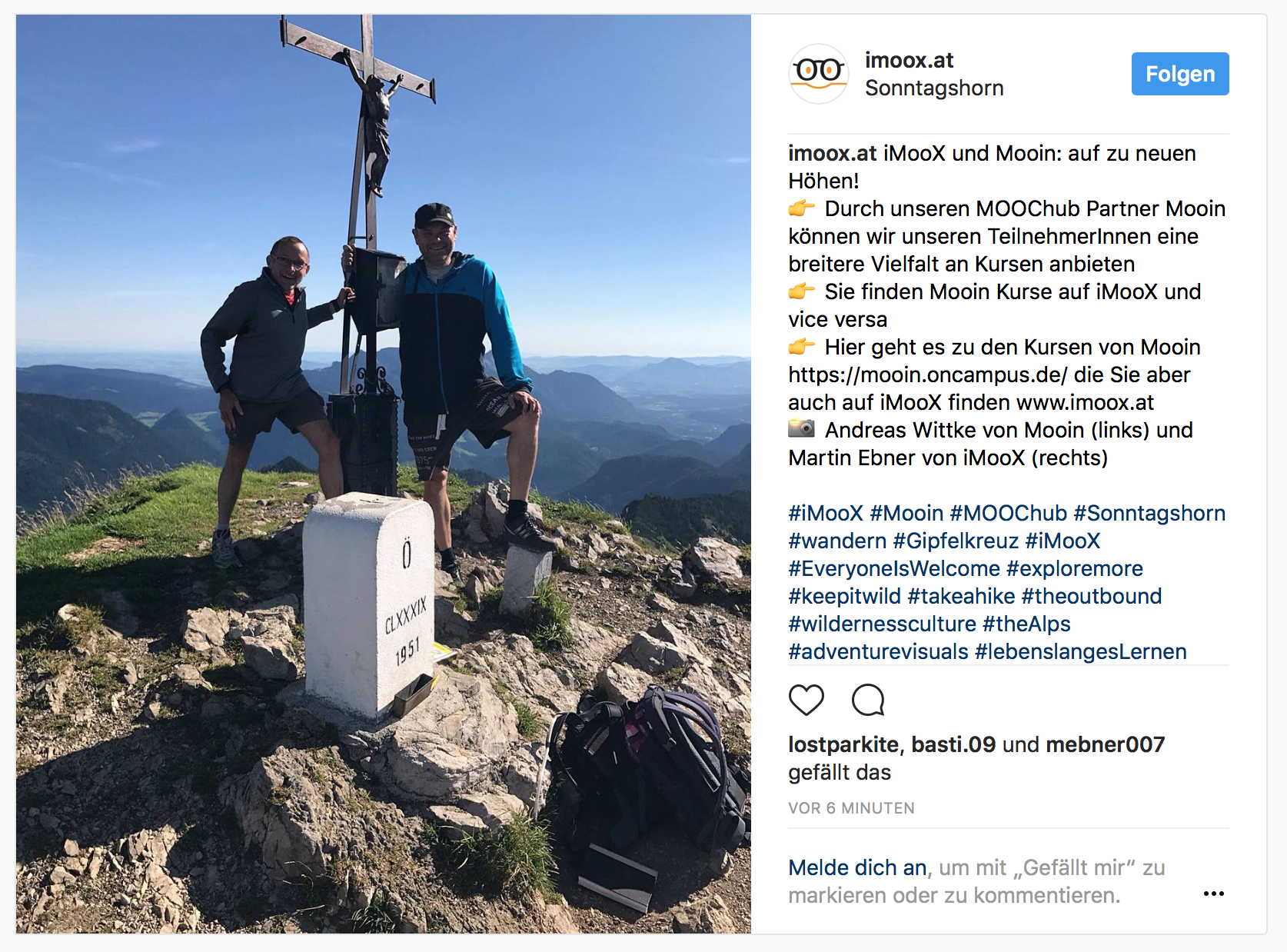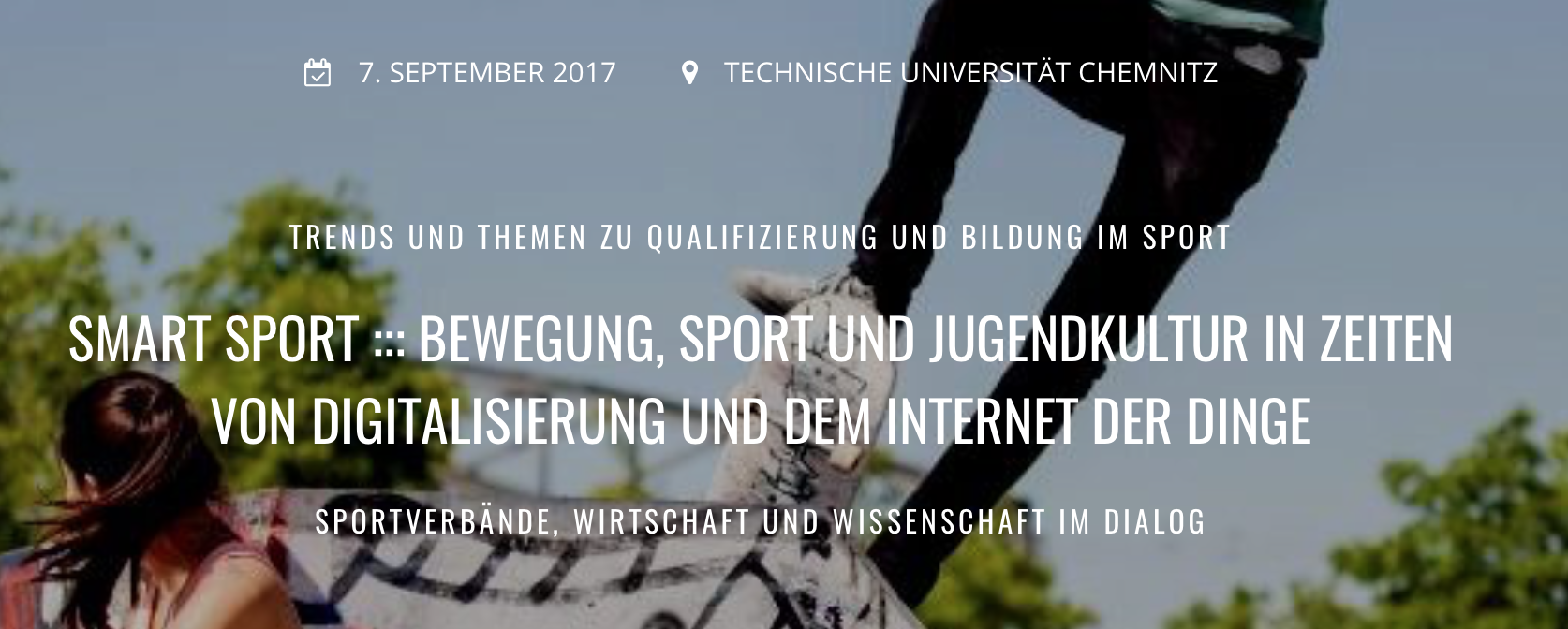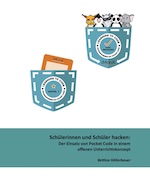Mit Sandra Schön habe ich nun nach dem Lernvideo-Canvas und dem OER-Canvas, zwei DIN-A3-Druckvorlage zur Ideenskizze von entsprechenden Projekten, nun auch eine Vorlage für alle erarbeitet, die einen MOOC planen.
Im Unterschied zu den Lernvideo- und OER-Canvas benötigt der How-to-MOOC-Plan mehr Vorwissen und Begleitung, wir haben ihn für den Einsatz in einem MOOC-Workshop am CTL der Universität Wien entwickelt und dort getestet. Er wurde nach einigen grundlegenden Informationen eingesetzt, ergänzt mit entsprechenden Ausführungen (auch mehr als auf den Folien zu sehen ist, wie das halt so ist…).
Der How-To-MOOC-Plan ist ein kleines Büchlein, dass aus einer DIN-A3-großen Vorlage gefaltet wird. Es wird zunächst von vorne nach hinten durchgearbeitet.

Begleitend dazu einige Anmerkungen in folgender Präsentation:
Klicken Sie auf den unteren Button, um den Inhalt von www.slideshare.net zu laden.
Inhalt laden
Im Anschluss wird das Büchlein aufgefaltet und die Pfeile zeigen weitere Zusammenhänge auf, die bei der MOOC-Planung noch berücksichtigt werden bzw. ggf. überdacht werden müssen.









